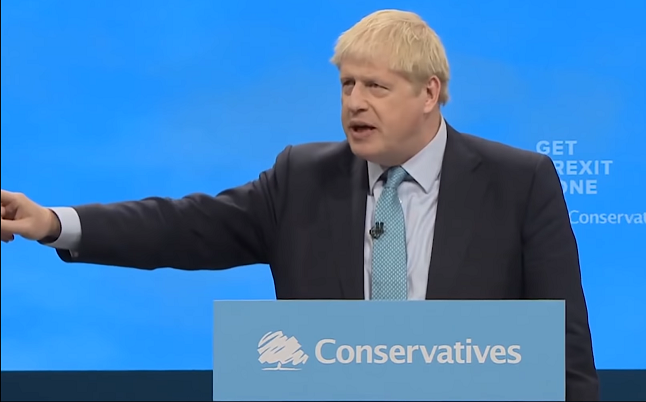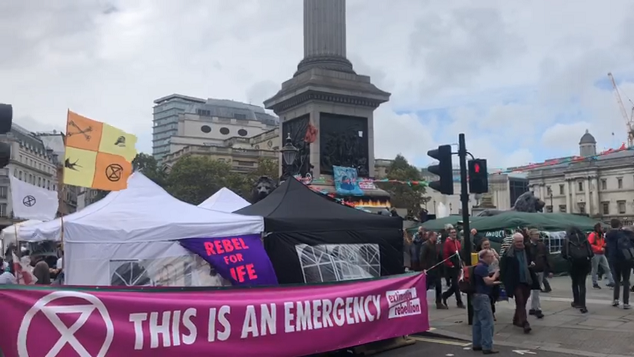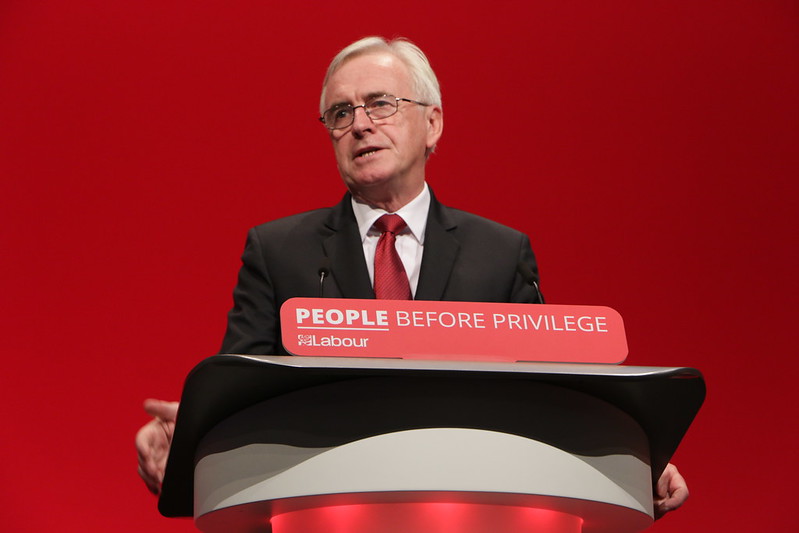2 October 2019 | UK NEWS
As the Conservative Party Conference draws to a close, a number of policies and policy suggestions have been announced for the first time. Although the Prime Minister isn’t expected to give a speech until later today, several Ministers, including the Home Secretary and the Chancellor of the Exchequer, have already begun to announce these policies.
Firstly, channelling a similar energy to Margaret Thatcher, Home Secretary Priti Patel has announced a new team within the British Transport Police to tackle county lines gangs. The criminal networks deliberately target children and vulnerable adults to courier drugs from cities to users across the country. Speaking at the Conservative Party conference in Manchester, she said the gangs were exploiting children and “manipulating them into killing innocent people”. This follows the previous pledges made by Johnson of an increase of 20,000 police officers, with an increased focus on dealing with the country’s crime rate.
In other news from the conference, the Chancellor hinted he could cut inheritance tax, saying “it’s something that’s on my mind”. Speaking at a Conservative conference event, the chancellor said there was “a real issue” around inheritance tax. Estates worth more than £325,000 are liable for the tax at 40%, except when the deceased leaves everything above the threshold to their spouse. However, currently fewer than 25,000 estates are liable for the tax each year, equating to less than 5% of all bequests.
The Chancellor also went on to state: “You pay taxes already through work or through investments and your capital gains in other taxes; there is a real issue with then asking them to, on that income, to pay taxes all over again.” Although fewer than 25,000 estates are liable for the tax each year, 10 times as many estates need to complete and submit forms to check whether they are liable for the tax.
Finally, the Prime Minister rounded off the event by giving his first conference speech as party leader. He announced his plans for dealing with the Northern Ireland backstop, by replacing it with a system of “two borders for up to four years”. The Prime Minister’s plans would see Northern Ireland “in a different relationship with the EU to the rest of the UK”.
The Northern Ireland Assembly – once it resumes – would be given powers to shape its future with the bloc, which is being seen by some as providing an added incentive for both the DUP and Sinn Féin to come back together for discussions aimed at breaking the deadlock in Stormont. MLAs would need to choose, at the end of the four-year transition period, either to remain aligned with the EU system or with that of the UK, which could well have diverged significantly by then. Any necessary customs checks are to be carried out away from the border.
The plan would mean that Northern Ireland would essentially remain in the EU Single Market for goods, but it would be outside of the EU’s customs union. This is anticipated to be a significant compromise on the DUP’s position, which has been pre-agreed with them. This alone also represents a compromise on the UK’s overall position versus Theresa May’s view on having any kind of “border down the Irish Sea”.
In return, Mr Johnson is effectively also asking the EU to now compromise on its own red lines, as he now moves to submit these new proposals to Brussels. In his speech, he called his approach a “fair and reasonable” Brexit compromise, and said that only by leaving the EU on 31 October could the UK “move on”. The Prime Minister also stated firmly that the public would no longer be “taken for fools” by those wishing block or delay the Brexit process any further.
As he prepared to round off his 40-minute speech, Mr Johnson said: “Let’s get Brexit done and let’s finally believe in ourselves and what we can do.” It has also been announced this afternoon that Parliament will be prorogued once more from next Tuesday, until a Queen’s Speech is delivered on 14 October (the following Monday).
The Prime Minister’s full letter to European Council President Jean-Claude Juncker can be read here:
PM_letter_to_Juncker




















